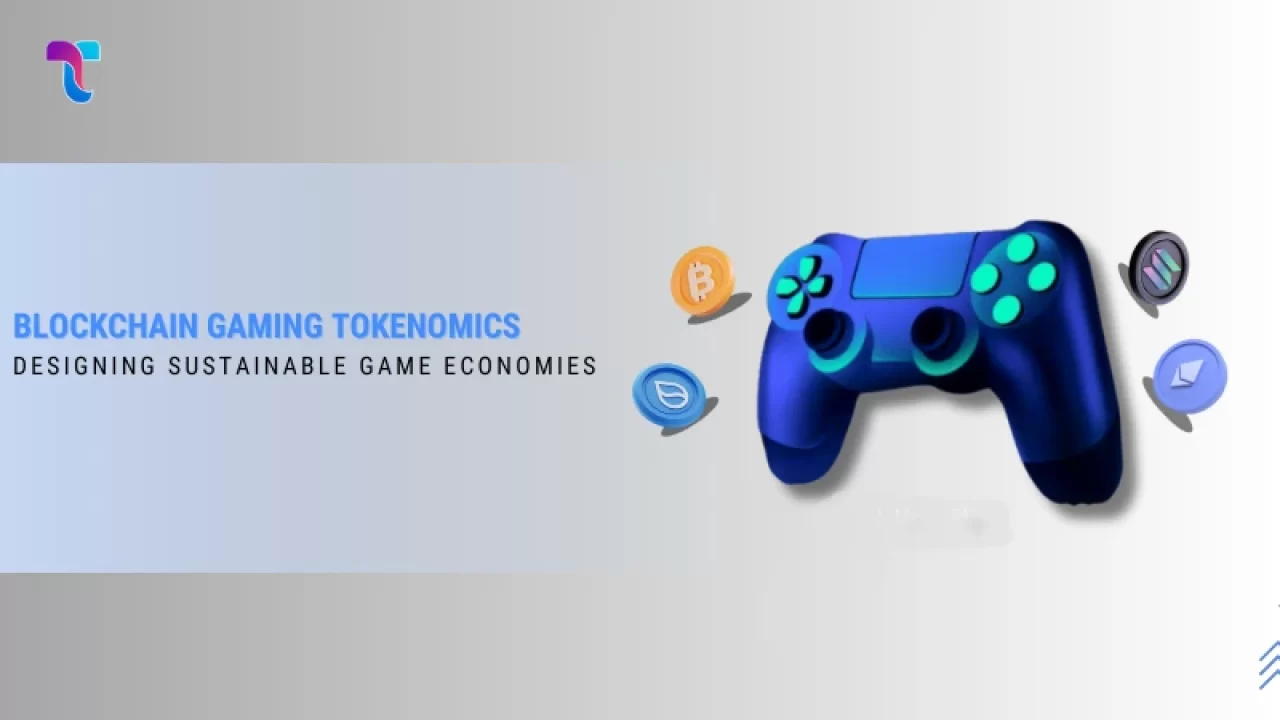Capturing Moments
Your go-to blog for photography tips and inspiration.
Twists and Turns: The Exciting World of Tokenomics in Gaming
Discover the thrilling twists of tokenomics in gaming! Uncover how virtual currencies are revolutionizing play, profits, and your gaming experience!
Understanding Tokenomics: How Games are Monetized and Players are Rewarded
Tokenomics is a fundamental concept in the gaming industry that defines how games are monetized and how players are rewarded for their participation. In recent years, many games have adopted blockchain technology to create unique in-game currencies or assets that players can buy, sell, or trade. Understanding the mechanics behind tokenomics can help players make informed decisions about their engagement in a game. It typically revolves around a balance of supply and demand, where the value of tokens is influenced by their scarcity and the activities players engage in. This not only incentivizes players to invest time and money into the game but also fosters a community where players feel ownership of their digital assets.
The monetization strategies embedded in tokenomics often involve a variety of elements such as user-generated content, expansion packs, or seasonal events. Players can earn tokens through gameplay achievements, which can be exchanged for in-game items or real-world value, creating a rewarding ecosystem. This dynamic not only enhances the gaming experience but also encourages a thriving economy where players can potentially earn a profit. Moreover, as the landscape of gaming evolves, tokenomics will continue to play a crucial role in shaping how games are developed and how players interact within this ever-expanding digital universe.

Counter-Strike is a highly popular multiplayer first-person shooter game that emphasizes teamwork and strategy. Players can choose to play as terrorists or counter-terrorists, each with unique objectives. For those looking to enhance their gaming experience, consider checking out the bc.game promo code for some exciting bonuses.
The Future of Gaming: Exploring the Impact of Tokenomics on Game Design
The future of gaming is increasingly intertwined with the innovative concept of tokenomics, which examines how cryptocurrencies and tokens can impact the design and economy of video games. As developers incorporate blockchain technology, they're reimagining traditional gaming frameworks by enabling players to truly own their in-game assets. This shift not only empowers gamers but also opens up new avenues for monetization and engagement. By providing a decentralized marketplace for in-game items, players can trade, sell, or invest in their digital assets, creating user-driven economies within their favorite worlds.
Moreover, as tokenomics evolves, it impacts game design by encouraging developers to create games that are not only engaging but also economically viable. Games now must consider incentivization models that reward players for their time and effort. The integration of play-to-earn models is revolutionizing gameplay, where users can earn tokens by completing quests, participating in events, or achieving significant milestones. This paradigm shift not only enhances player retention but also fosters vibrant communities where players are motivated to collaborate and trade, paving the way for a new era in the gaming industry.
What Gamers Need to Know About Tokenomics: Benefits and Challenges
Tokenomics refers to the study of the economic impact and utility of tokens in the digital realm, particularly in gaming. As the gaming industry embraces blockchain technology, understanding tokenomics becomes crucial for gamers. Tokens can enhance gameplay experiences by offering in-game assets that players can buy, sell, or trade. These tokens can represent items, skins, or even game characters, providing actual value beyond just a digital representation. Moreover, players can benefit from incentives and rewards tied to token ownership, which can create a more engaging gaming ecosystem. However, with these benefits also come challenges that players must navigate to ensure a positive experience.
One of the primary challenges of tokenomics in gaming is the volatility of token values. Players might find that the worth of their hard-earned tokens can fluctuate wildly, leading to potential losses. Additionally, the reliance on blockchain infrastructure can introduce complexities, such as transaction fees and network congestion, which can disrupt gameplay. It's essential for gamers to stay informed about the specific tokenomics model of the games they play. Understanding factors like supply and demand, governance rights, and staking options can empower players to make more informed decisions regarding their investments. As the gaming landscape evolves, a clear grasp of tokenomics will become increasingly invaluable.